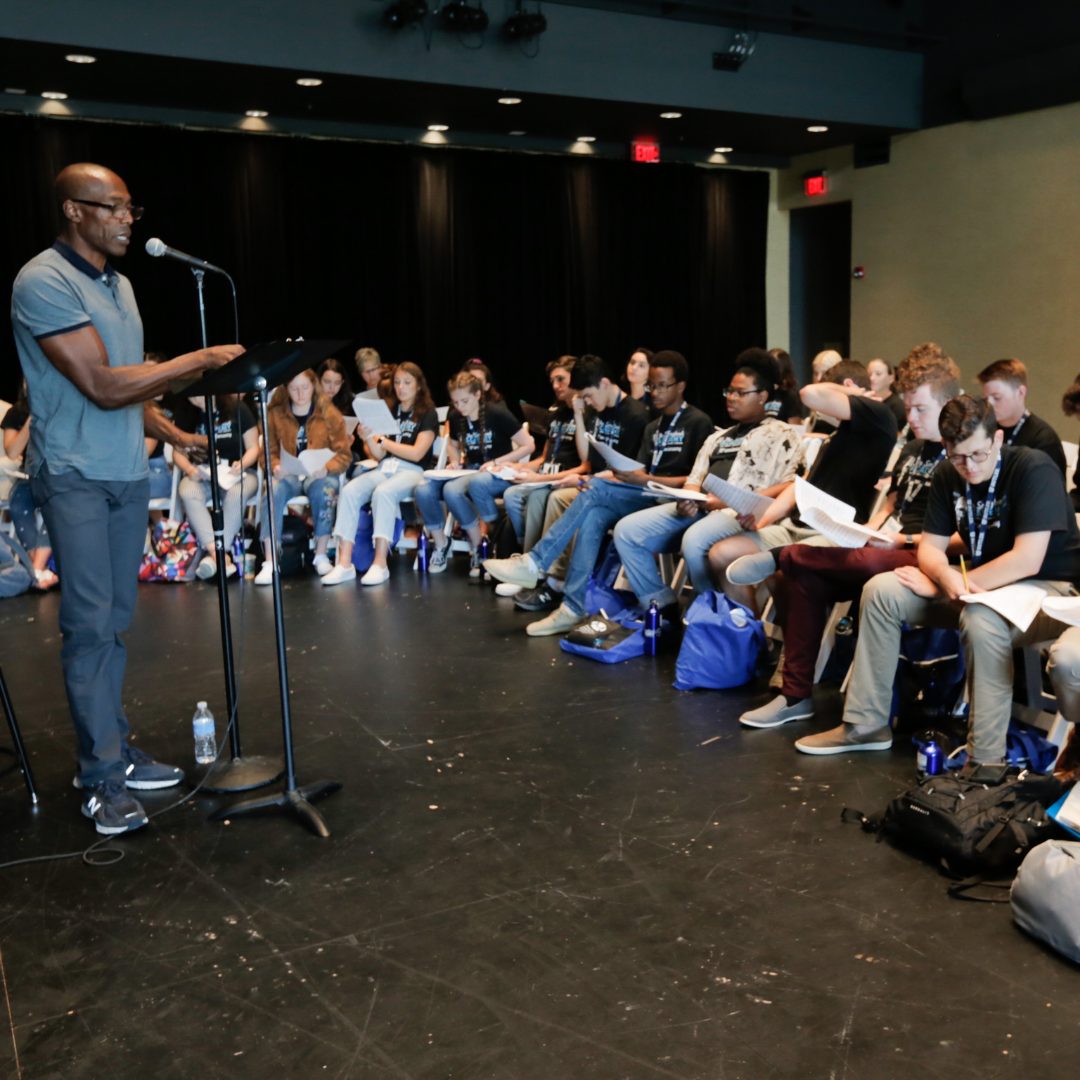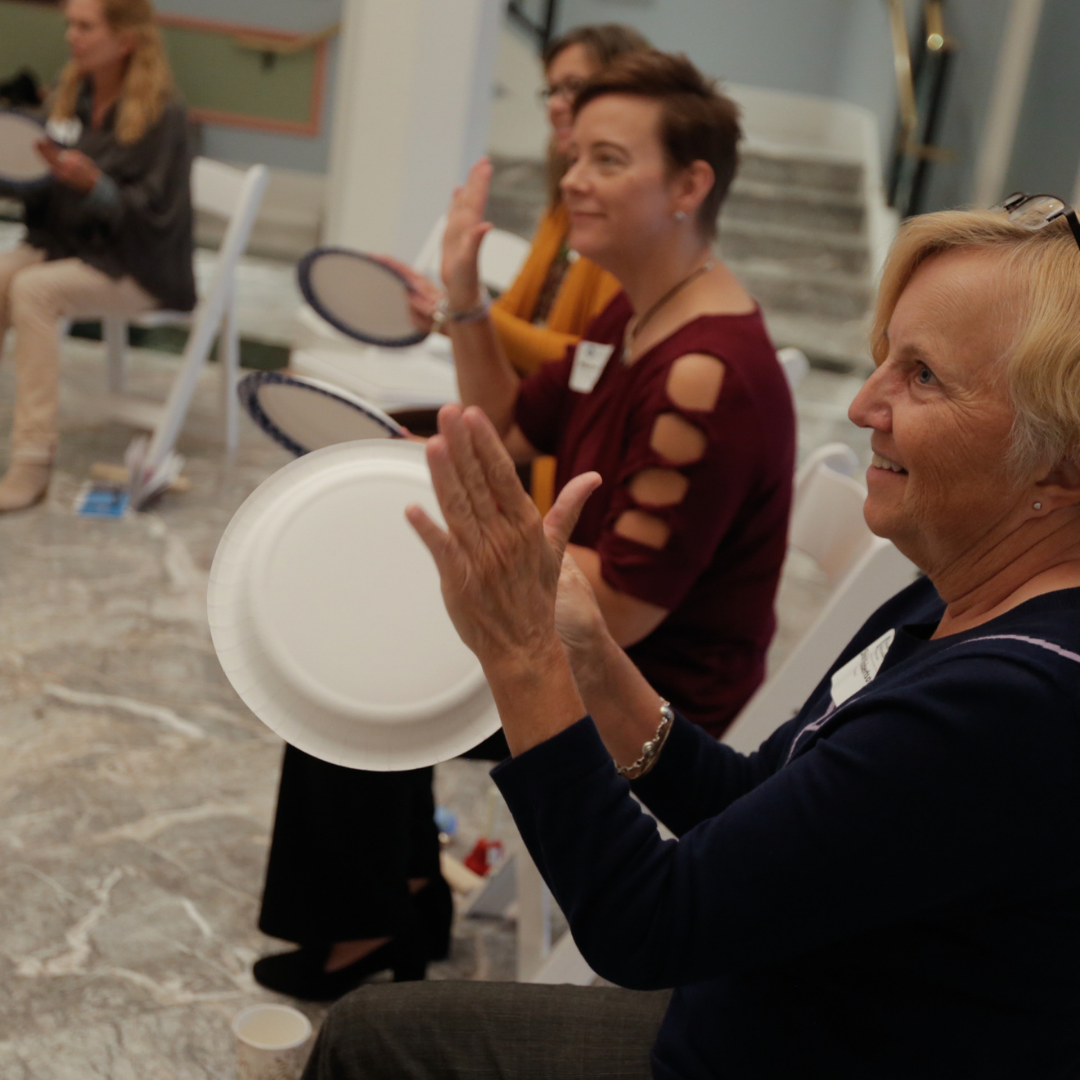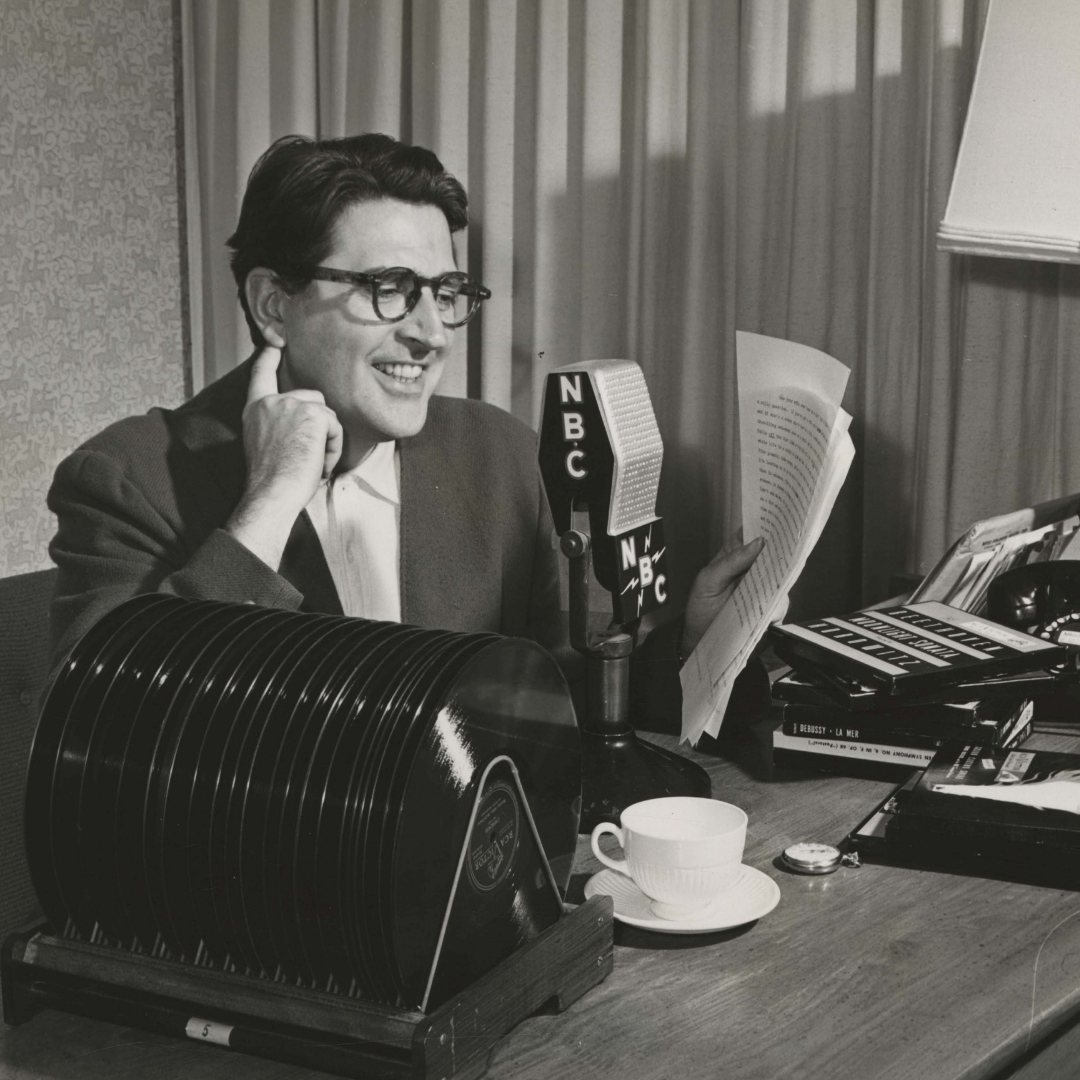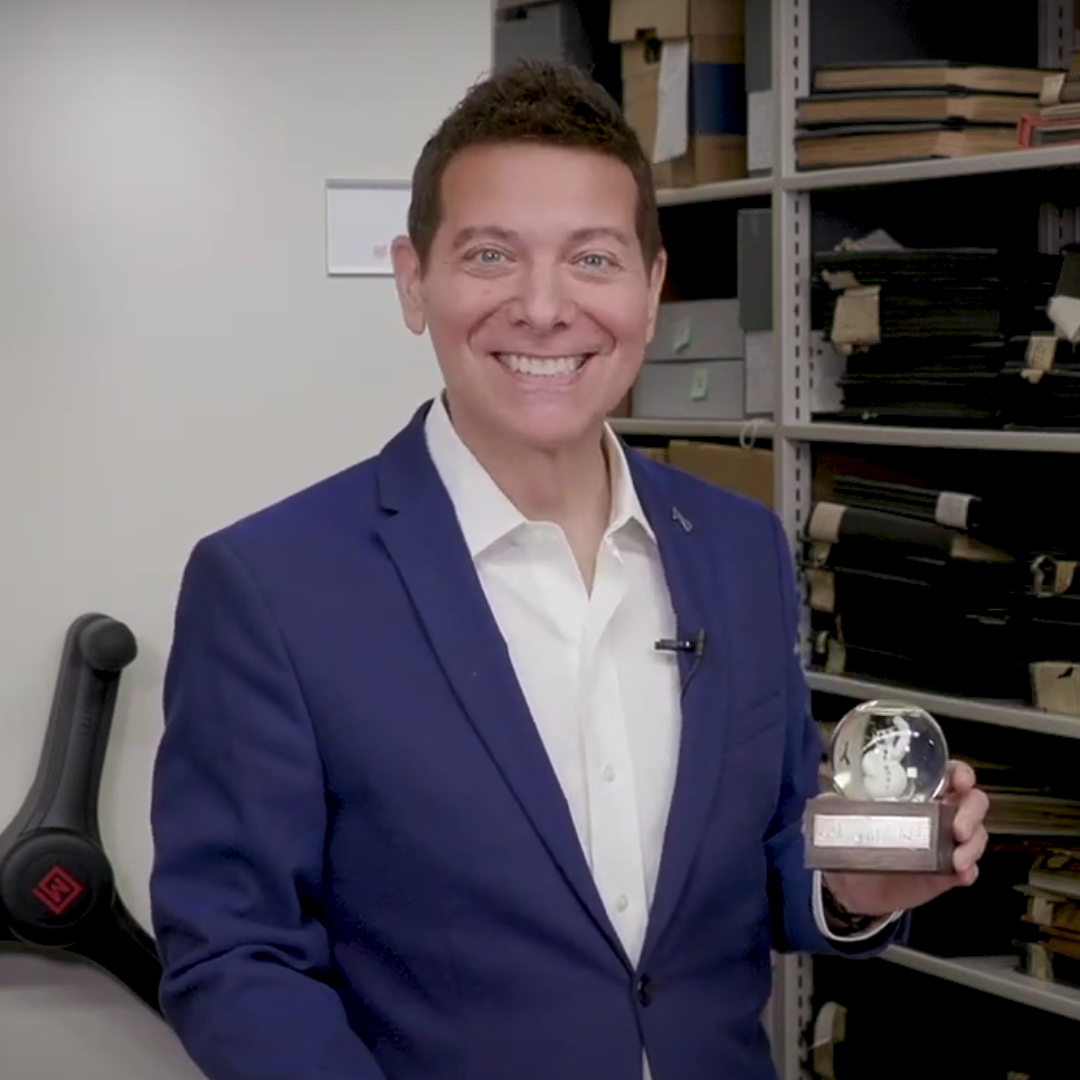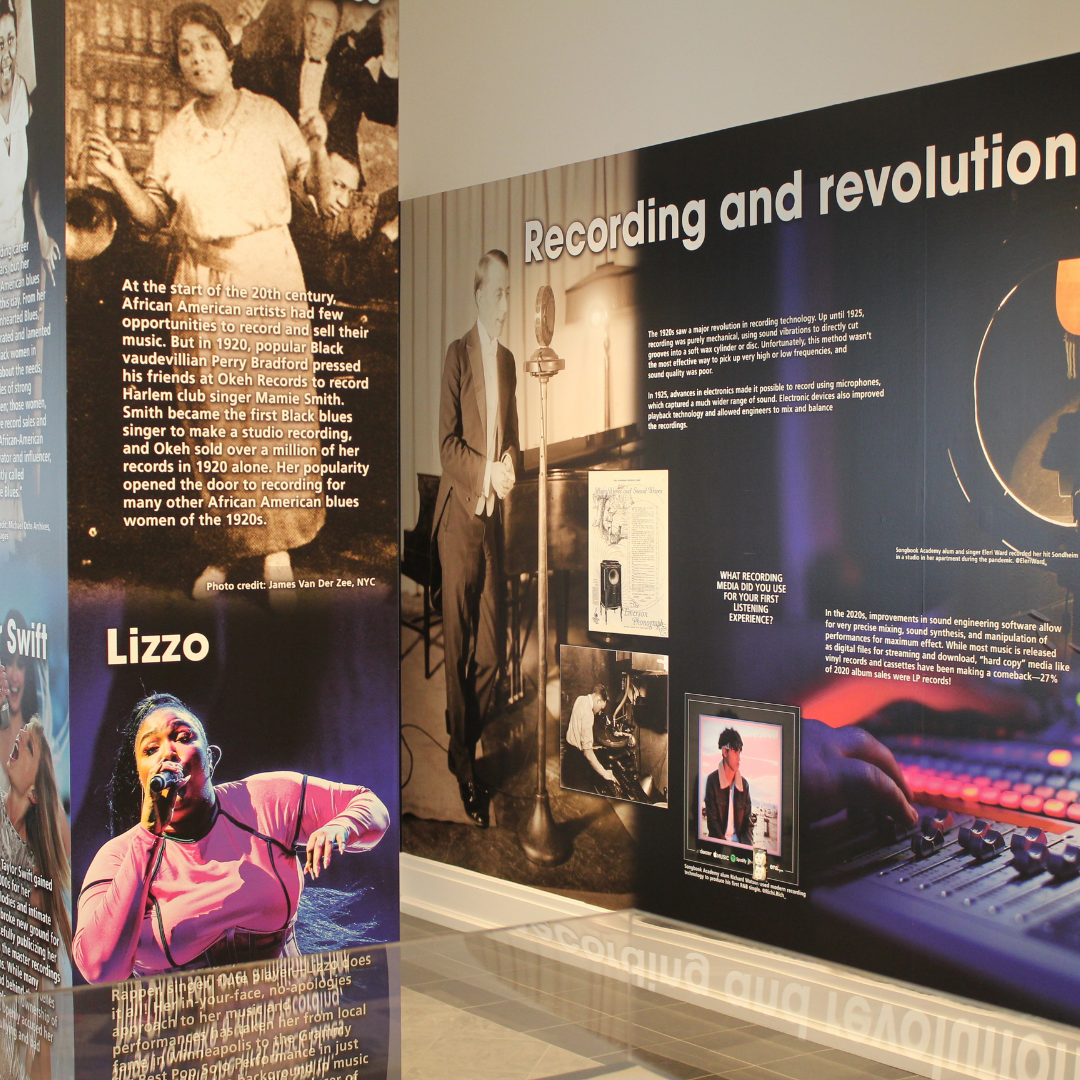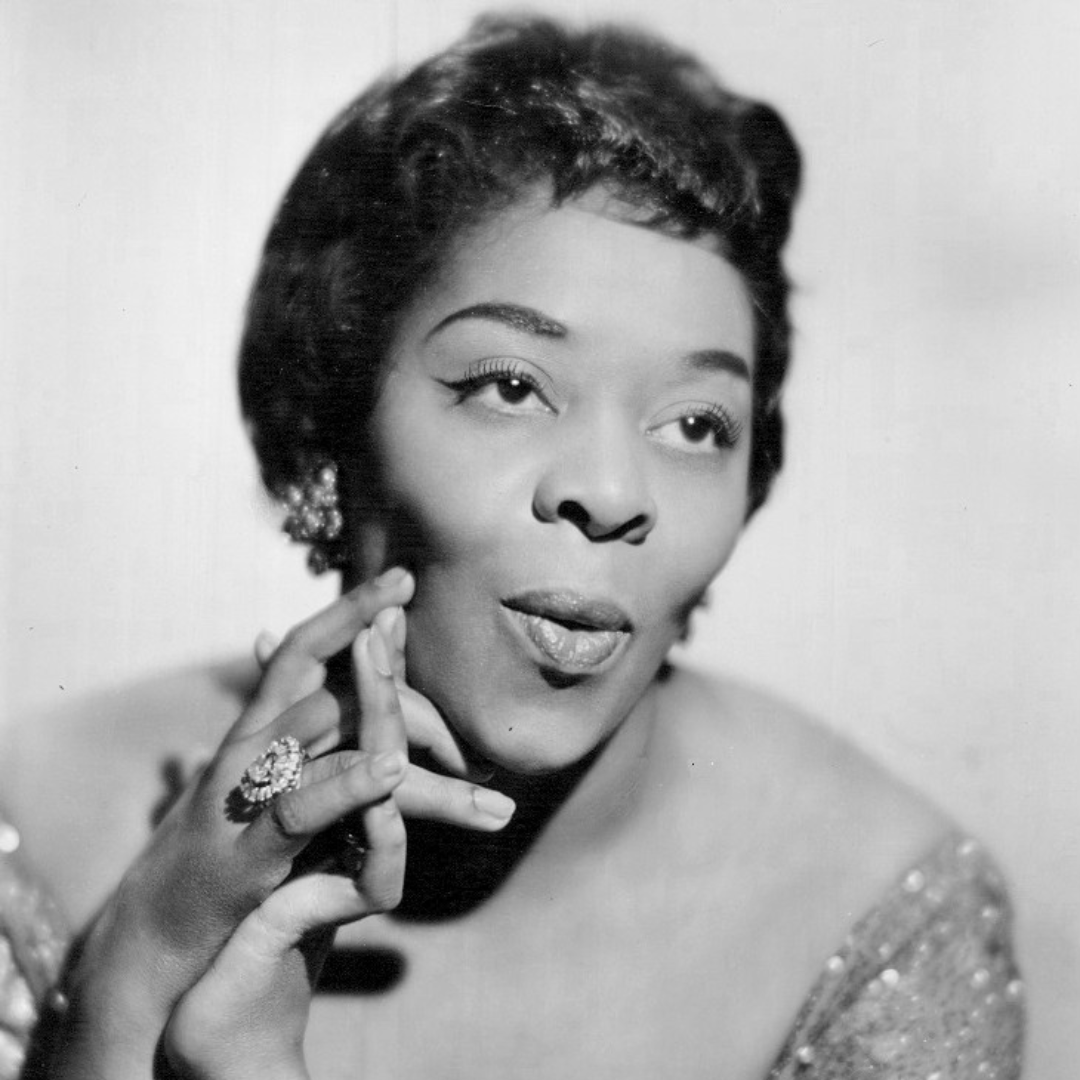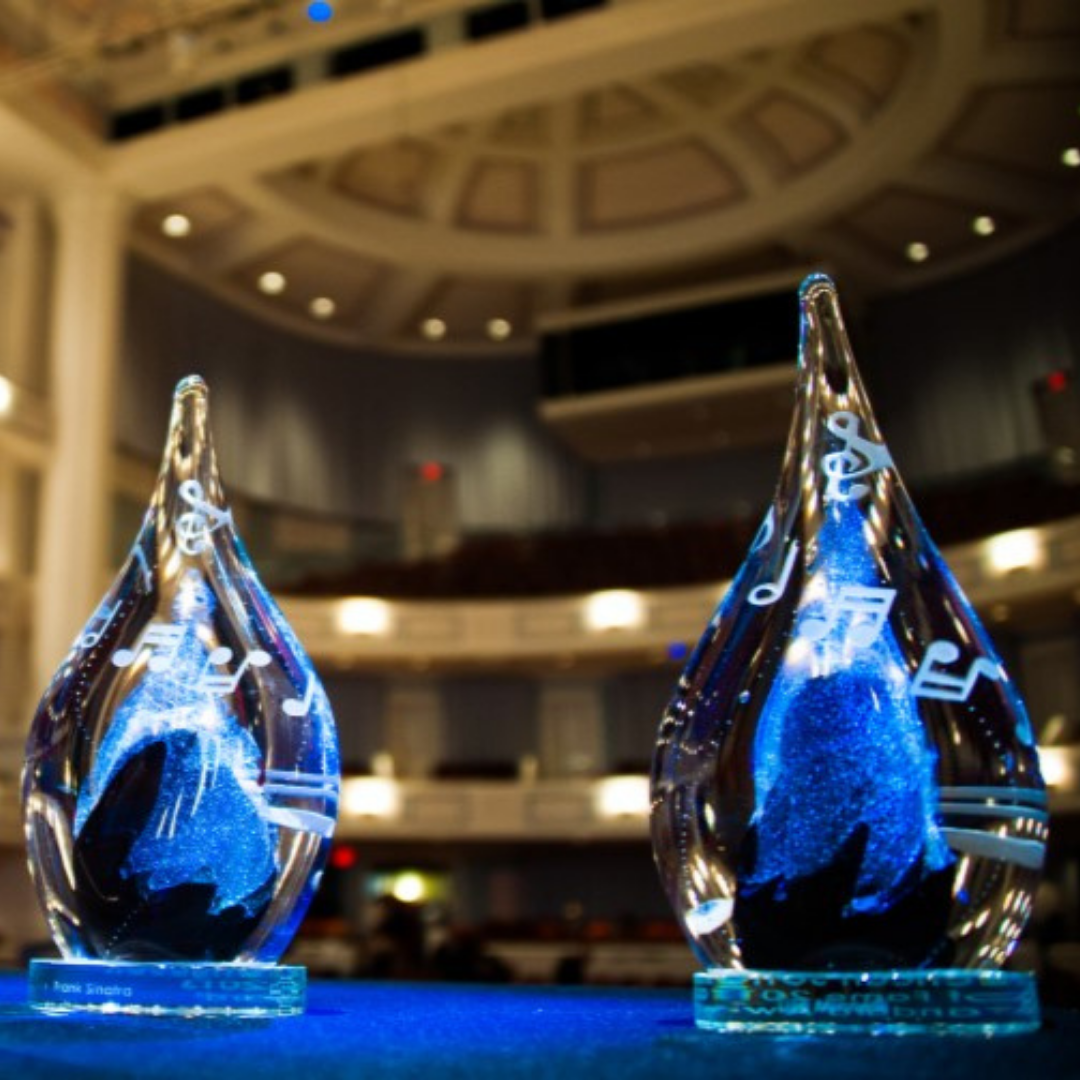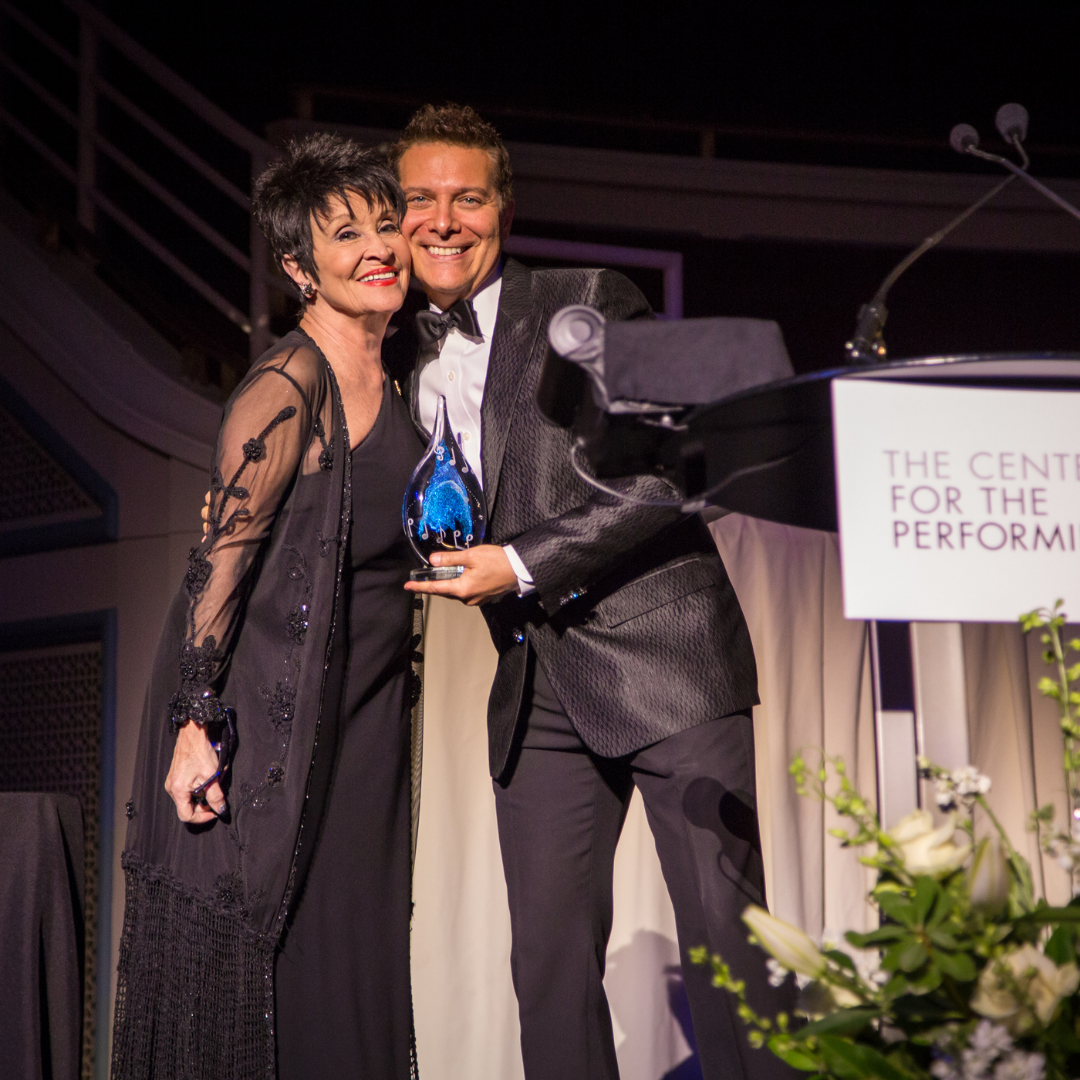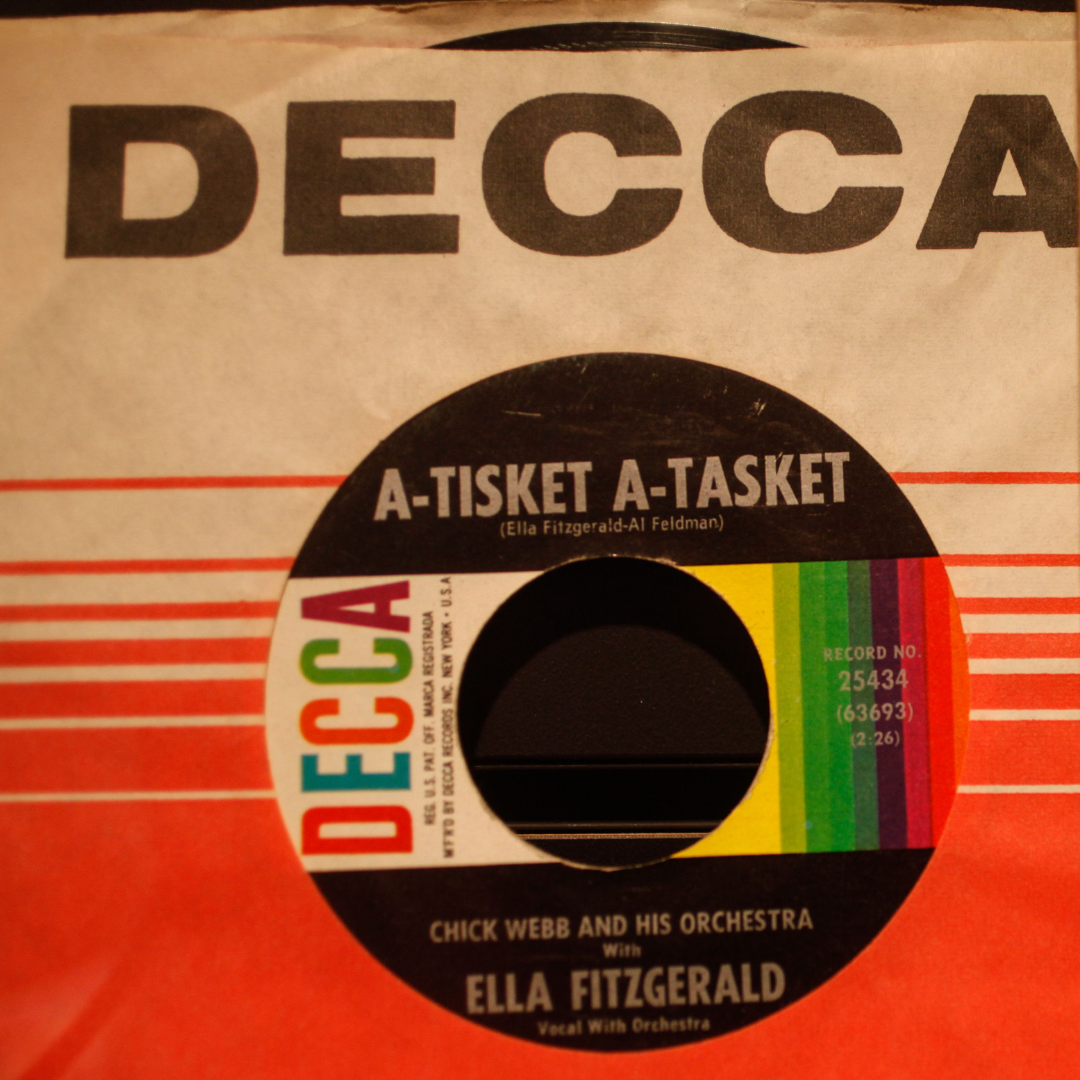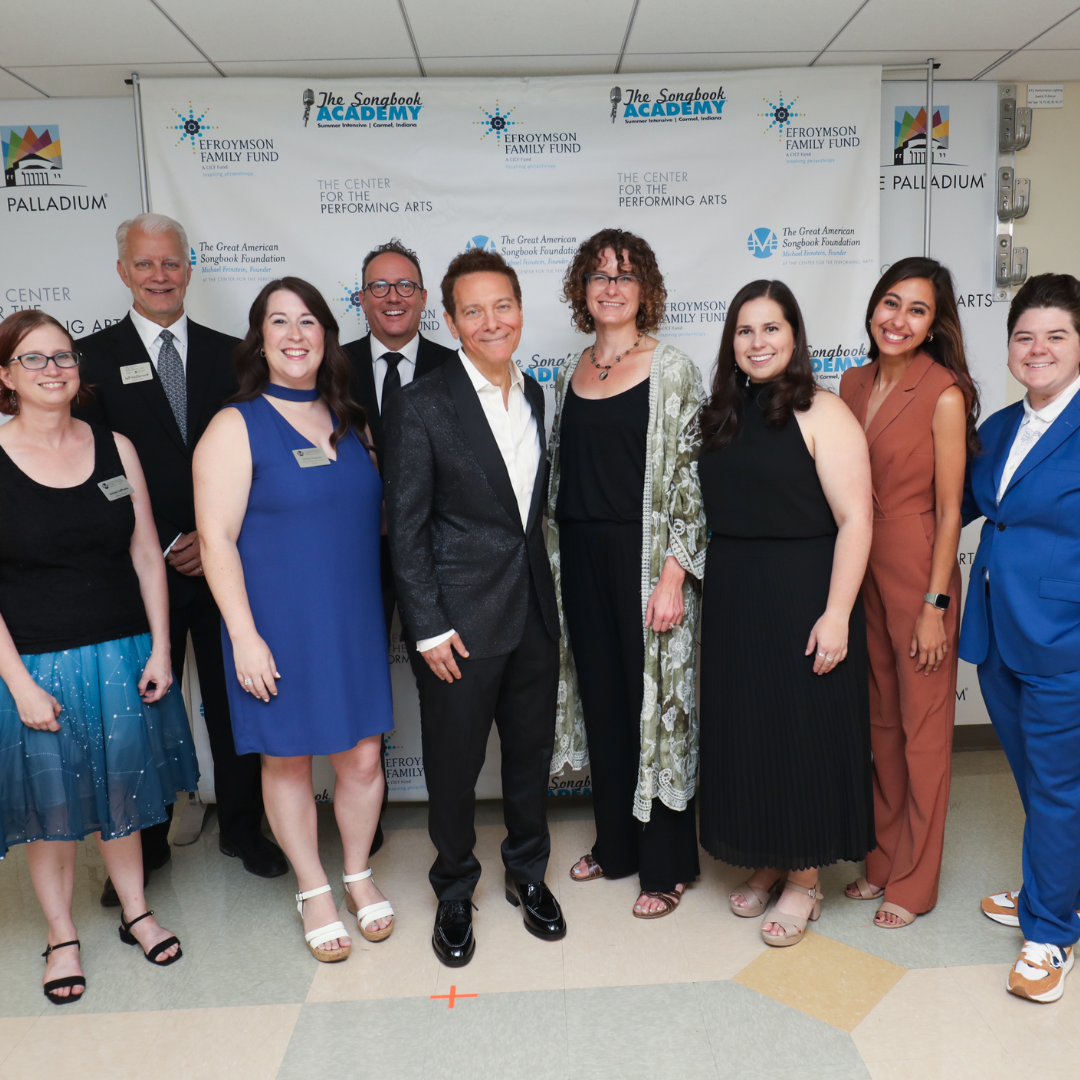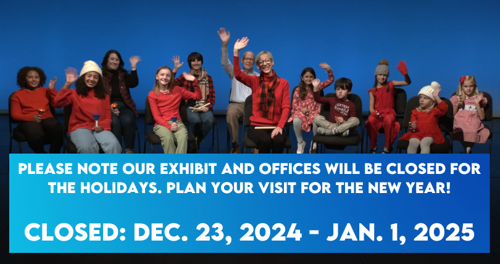Today's Song: "True Love Ways"
November 22, 2019
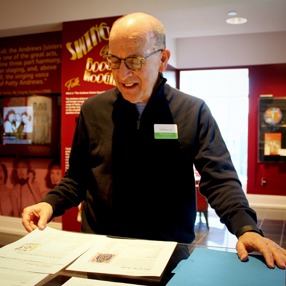
My All-Time Greatest Songs
By Songbook Volunteer: Dick Schwartz
Author's Note: This blog has its origin in my interest – maybe, obsession – with songs. It seems there is usually some song in my head at nearly any time. When I hear certain songs, I’ll sometimes think or say “Ooh! That’s one of my all-time favorites!” The range of my favorites is broad and diverse. These songs might be popular or obscure, from Broadway or the back roads, simple or complex, ballads or rockers.
I hope that you will enjoy my blogging exploration of contenders for my all-time-favorite songs and that you’ll be moved to consider and share your own favorites that have held a timeless presence in the soundtrack of your life, or rather, your own personal Songbook.
--- Enjoy! ---
Next for “My All-time Greatest Songs” is “True Love Ways,” always identified with Buddy Holly, its songwriter and performer of its first recording. The melody is beautiful and its orchestration is moving. It displays Holly’s vocal performance skills and characteristic voice qualities. The song’s broad appeal is shown in dozens of lovely cover versions by numerous artists over the decades.
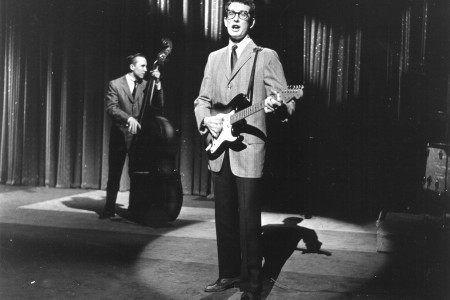
“True Love Ways” was recorded at Buddy Holly’s last recording session on October 21, 1958, less than four months before his death. The session took place at Decca’s Pythian Temple studio and included two other great Holly Songs: “It Doesn’t Matter Anymore” and “Raining in My Heart.” This studio session seems to indicate Holly’s transitioning from upbeat rock ‘n’ roll toward more melodious, slower tempo, orchestral arrangements. “True Love Ways” was not released until March 1960 on a posthumous album The Buddy Holly Story, Vol. 2.
The songs from that October 1958 session were Holly’s first to feature a full orchestra. The orchestra, consisting mainly of former members of the NBC Symphony Orchestra, was conducted by Dick Jacobs, who also did the arrangements. The instruments were eight violins, two violas, two cellos, guitar, bass, piano, harp, saxophone, and drums. The moving sax solos were played by Abraham “Boomie” Richman, a veteran of the Tommy Dorsey and Benny Goodman orchestras.
Buddy Holly wrote “True Love Ways” as a wedding gift to his wife, Maria Elena Santiago Holly. During a visit to the offices of music publisher Peer-South Music in the Brill Building in New York City, Buddy met Maria and asked her out. He proposed to her on their first date, June 19, 1958. Their wedding took place on August 15, about two months later.
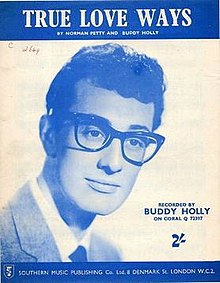
While touring in the upper Midwest on the Winter Dance Party in January-February, 1959, Holly chartered a small plane to transport himself and his bandmates, Waylon Jennings and Tommy Allsup, from Mason City, Iowa, to their next tour stop, Moorhead, Minnesota, via Fargo, North Dakota. Allsup agreed to flip a coin for his seat with Ritchie Valens. Valens won the toss. Jennings voluntarily gave up his seat to J.P. Richardson (“The Big Bopper”). Shortly after 12:55 AM on February 3, 1959, pilot Roger Peterson took off in bad weather conditions. The three musicians on board and the pilot were killed in a crash in a cornfield about five miles from the Mason City airport. The tragic incident was memorialized by Don McLean in his 1971 song “American Pie” as “the day the music died.”
Holly’s influence abounds. His legacy has been extensive through the long history of Rock ’n’ Roll. He is widely credited with establishing and popularizing the standard rock band configuration of two guitars, bass, and drums.
John Lennon and Paul McCartney saw Buddy when he made a TV appearance on Sunday Night at the London Palladium. Lennon and McCartney studied Holly’s records and performance style, and they based their act on his stage personality. Lennon’s original band, the Quarrymen, covered “That’ll Be the Day” in their first recording session, an audition demo record in 1958. Inspired by Holly’s insect-themed band The Crickets, they named their band The Beatles. Paul McCartney now owns the publishing rights to Buddy Holly’s song catalogue.
Bob Dylan saw Buddy Holly perform on his final tour at the Duluth National Guard Armory two nights before the plane crash. Dylan has said that he stood about three feet away from Holly and felt a special connection to him. The Rolling Stones’ Mick Jagger saw Buddy Holly perform “Not Fade Away” during a Holly tour of England. The Stones’ Keith Richards was inspired by the same song and modeled his early guitar work on it. The Rolling Stones recorded a hit version of Holly’s “Not Fade Away” in 1964.
How well do you remember Buddy Holly and “the day the music died”?
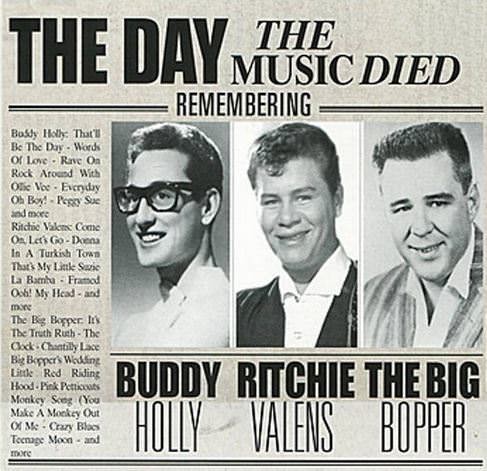
“True Love Ways” notable releases and versions:
- Buddy Holly (recorded 10/21/58, released March, 1960)
- Bobby Vee (1963)
- Frank Ifield (1964
- Peter & Gordon (1965)
- Tommy Allsup (1965) – instrumental
- Skeeter Davis (1967)
- Gary Busey (1978) – The Buddy Holly Story soundtrack
- Mickey Gilley (1980)
- Tommy Cash (1982)
- Cliff Richard (1983)
- Rick Nelson (1986)
- Johnny Mathis (1989
- Good Rockin’ Tonight 1992)
- The Mavericks (1996)
- Willie Logan (1996) – instrumental
- Erasure (2003)
- The Charades (2004) – instrumental
- Martina McBride (2005)
- Aaron Watson (2006)
- Jackson Browne (2011)
- My Morning Jacket (2011)
- Military Wives (2012) – choral
- Francoise Hardy (2016)
Check back in two weeks for the next installment of "My All-Time Greatest Songs". In the meantime, listen to a few renditions of today's feature, "True Love Ways"!



